Somer Bishop is a clinical psychologist and professor in residence of psychiatry at the University of California, San Francisco.
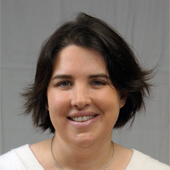
Somer Bishop
Assistant professor
University of California, San Francisco
From this contributor
Rethinking autism assessments in the time of COVID-19: Q&A with Bishop, Zwaigenbaum
Moving most clinical assessments online during the coronavirus pandemic has created a digital divide while closing some geographical ones, say Somer Bishop and Lonnie Zwaigenbaum.
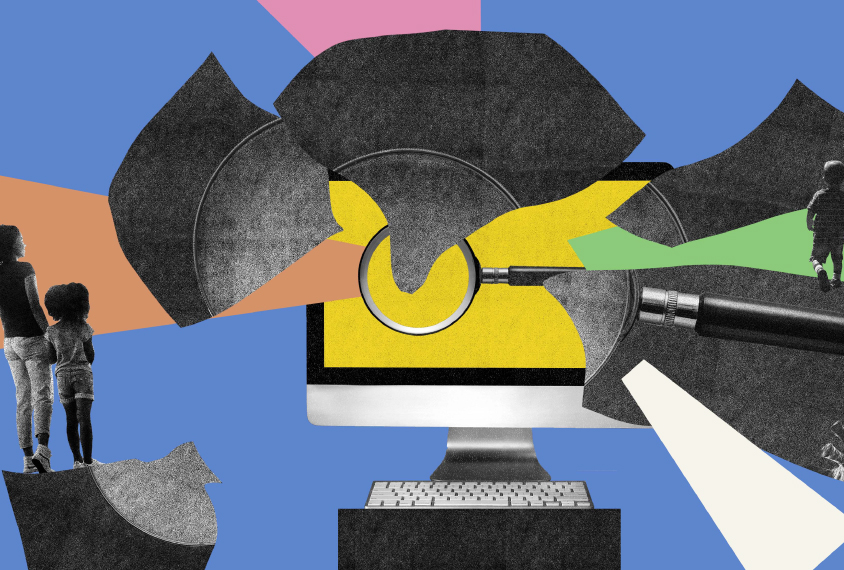
Rethinking autism assessments in the time of COVID-19: Q&A with Bishop, Zwaigenbaum
Questions for Bishop, Havdahl: Tantrums trick autism tests
Children with low intelligence or behavioral issues — but not autism — may meet the criteria for autism on standard diagnostic tests.

Questions for Bishop, Havdahl: Tantrums trick autism tests
Seeking precise portraits of girls with autism
Researchers need to consider new ways of capturing how autism manifests in girls, who may find clever ways of camouflaging their symptoms.
Gauging intelligence in autism over time
Adapting traditional tests of intelligence for people with intellectual disability can deflate their scores over time. Somer Bishop calls for tests that more accurately assess intelligence in this group.
Explore more from The Transmitter
Karen Adolph explains how we develop our ability to move through the world
How do babies' bodies and their environment teach them to move—and how can robots benefit from these insights?
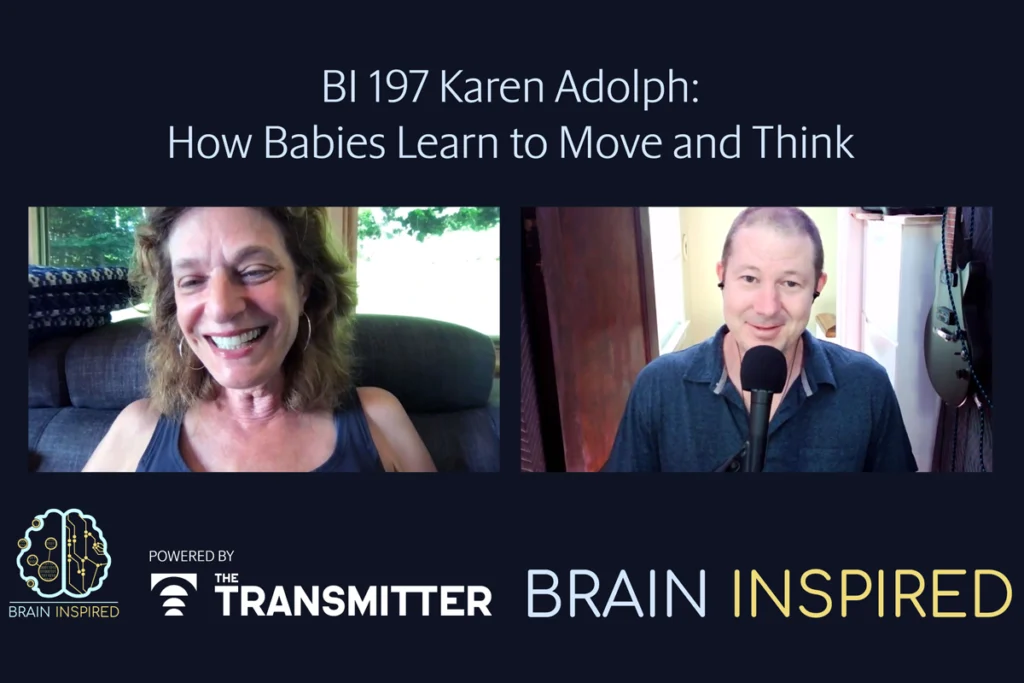
Karen Adolph explains how we develop our ability to move through the world
How do babies' bodies and their environment teach them to move—and how can robots benefit from these insights?
Microglia’s pruning function called into question
Scientists are divided over the extent to which the cells sculpt circuits during development.
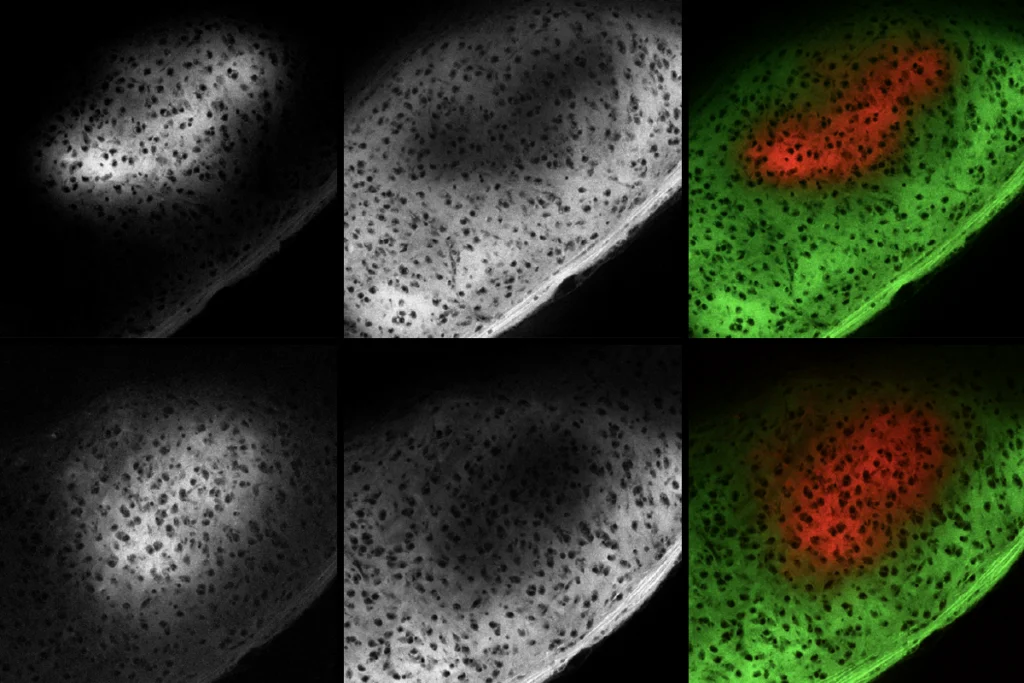
Microglia’s pruning function called into question
Scientists are divided over the extent to which the cells sculpt circuits during development.
Early trajectory of Alzheimer’s tracked in single-cell brain atlases
Inflammation in glia and the loss of certain inhibitory cells may kick off a disease cascade decades before diagnosis.
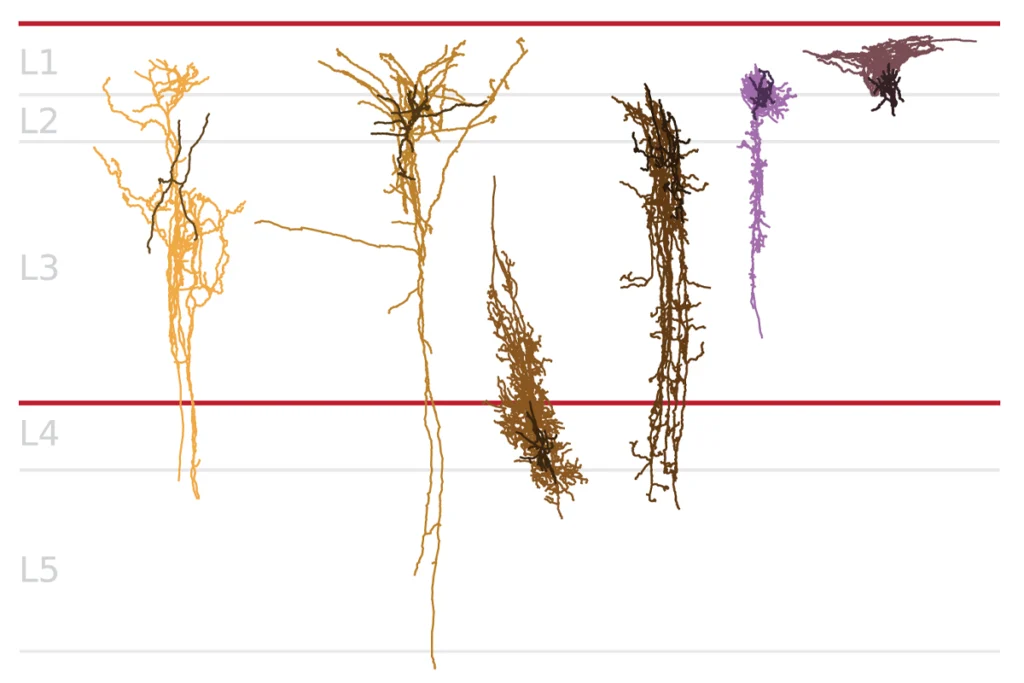
Early trajectory of Alzheimer’s tracked in single-cell brain atlases
Inflammation in glia and the loss of certain inhibitory cells may kick off a disease cascade decades before diagnosis.

